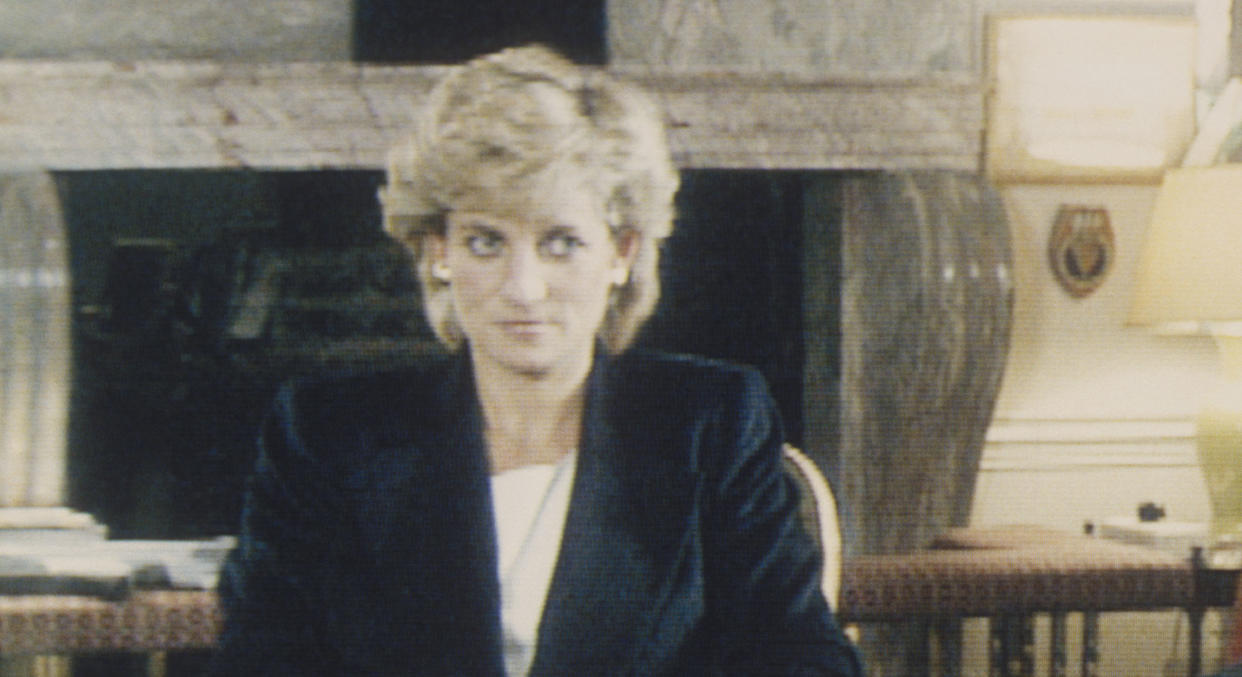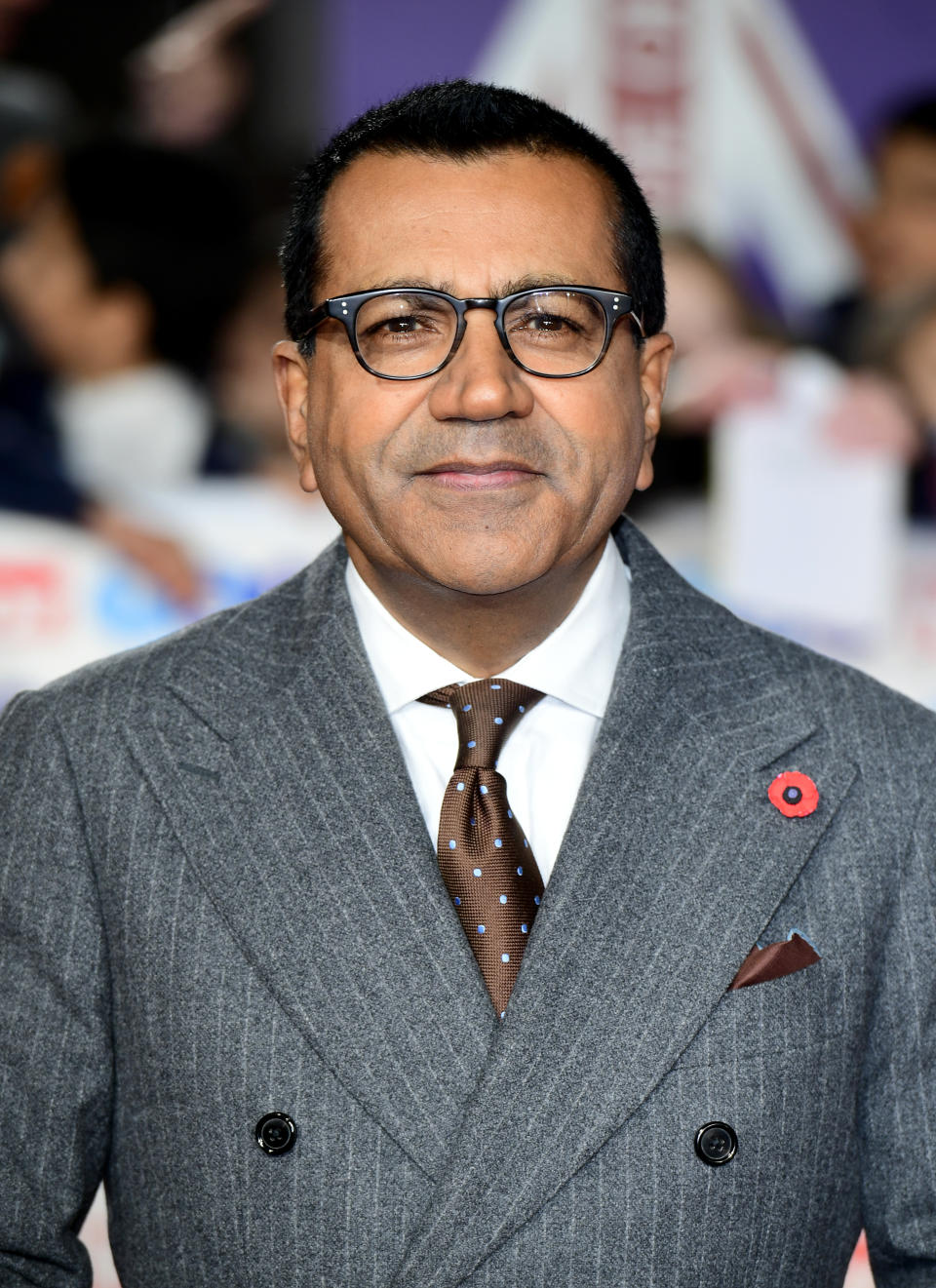Lost note from Princess Diana found ahead of Panorama investigation

A note from Princess Diana which is said to clear the BBC of any wrongdoing in the lead up to her interview with Panorama has been found after going missing for several years.
Diana gave an interview to Martin Bashir in 1995 in which she made her now infamous statement that “there were three people in this marriage - so it was rather crowded”.
But 25 years after it first aired, questions have been raised by the late princess’s brother, the Earl Spencer, who says forged bank statements shown to him by Bashir were the reason he introduced him to Diana.
The BBC has said it apologised for the statements, but claimed they had not informed the decision made by Diana to conduct the interview.
The statements appeared to show former staff members of the Earl being paid for information. Friends and those close to Diana say she feared she was being watched and followed at that time.
Read more: Princess Diana 'thought she was being followed', according to her former butler

The BBC’s royal correspondent tweeted: “The BBC says it now has the ‘lost’ note from Princess Diana that is said to ‘clear’ the Corporation of blame for the way that the 1995 interview was obtained. BBC says it will give the note to the investigation.”
The corporation said in a statement: “Following the announcement of the independent investigation, the BBC has now recovered the princess’s original handwritten note which is referred to in our records from the time. We will pass it on to the independent investigation.
“As there has been a lot of commentary about this note and journalists have asked about it, we thought it appropriate to put on record that we’ve now recovered it.
“We will set out further details of the independent investigation shortly.”
The BBC previously said it had once received a note from the princess which confirmed she had not seen the statements. It admitted the note had been lost but that there was a record of the note in its files from the 1996 investigation into the interview.
On 4 November, Earl Spencer tweeted: “When the @BBC say they’ve ‘apologised’ to me, what they’ve apologised for is showing me false bank statements relating to a lesser, unrelated, matter. They haven’t apologised for the fake bank statements and other deceit that led to me introducing @MartinBashir to my sister.”
The BBC said they would investigate, but have said Bashir is too unwell to currently answer questions because he is recovering from COVID-19.
However Bashir was seen collecting a takeaway last weekend.
Watch: Princess Diana thought she was being followed, according to her biographer
Read more: Princess Diana's brother says BBC is not facing up to 'ugly truth' of Panorama interview
A statement made in 1996 by the BBC said: “It wasn’t a very good idea to have these documents made, and Mr Bashir accepts that. But we have confirmed that in no way were the documents used to gain the interview with Princess Diana.”
On 10 November graphic designer Matt Wiessler, who was asked to make the bank statements, called for the BBC to answer questions over the interview and said he had been made a “scapegoat”.
The 1996 inquiry into the interview led by Lord Hall said there had been “steps to ensure that the graphic designer will not work for the BBC again”.
Wiessler told BBC Radio 4’s Today programme: “I don’t know how you can plausibly tell a story that a graphic designer is to blame.
“And I’ve been living with this for 25 years. And when I saw this, this decree that went out… I was pretty angry… because I thought it was utterly unfair.”

 Yahoo News
Yahoo News 
